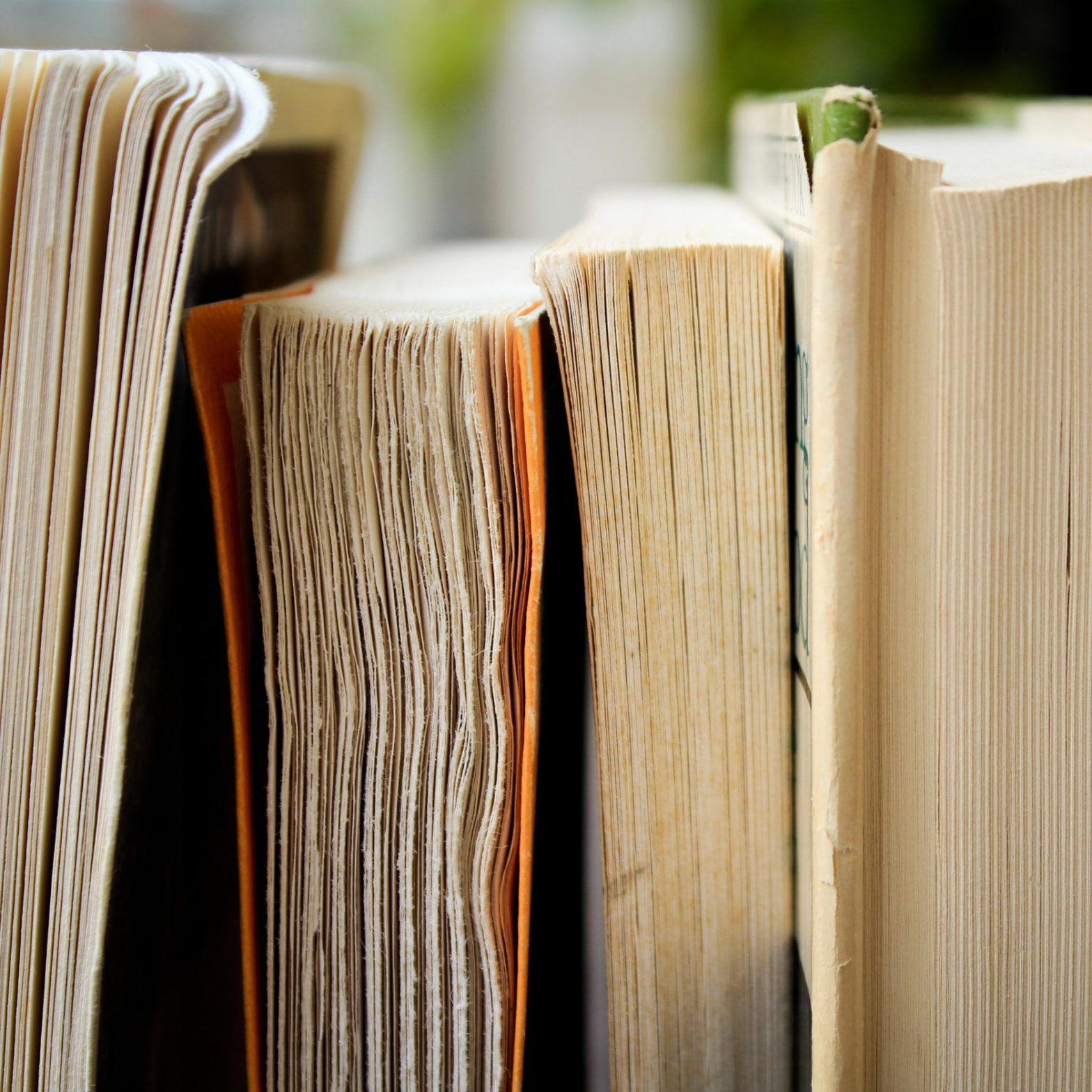Contributor: Liam Sims
I’m a Librarian at Cambridge University Library, where I work with rare books and other special collections. I’m also working on a part-time PhD on eighteenth-century intellectual history.
Has lockdown affected your choice of reading material?
Not especially. My reading has always been fairly broad. As a part-time PhD student much of my reading relates to my research. I’ve never read fiction in a big way, though I do have some favourite authors (including Iris Murdoch). I tend to eke out reading the works of dead authors: reading the last one and realising there won’t be any more is a dreadful feeling. When it comes to non-fiction for pleasure I’m especially keen on biography and autobiography, and general work of an historical persuasion. I’m also mad on Venice, an area in which I collect both antiquarian and modern books.
Have you switched from your normal genre? eg started reading poetry, short stories, non fiction, drama?
I have read a few things I wouldn’t normally have got around to. I made an effort to read Paradise Lost last summer and enjoyed it immensely.
Have you been finding it harder to concentrate during lockdown?
I have certainly found it harder to concentrate. In addition to spending a lot of work time using screens, much of my free time is also spent reading and writing for my PhD. But after a day at work it is definitely harder now to motivate myself to focus on something in the evening.
Have you started books and been unable to finish them?
I have always been rather bad at giving up on books. If I’m reading a novel and can’t get my head around which character’s which, or who has connections to whom (either because my brain doesn’t work or because I put the book down for weeks) I have been known to give up.
Where are you sourcing your books/audiobooks from?
Audiobooks come from Audible. I buy a lot of second-hand books from booksellers through Abebooks, and look forward to physical shops reopening. Though I’m not there very often, shops like Topping’s in Ely are wonderful places for new books.
Have you been listening to audiobooks rather than reading? If so, does listening add something to your experience of the book that you wouldn’t get by reading it yourself?
I have been using audiobooks. In the pre-COVID times I primarily listened to these on long train journeys. But I have been listening more at home in the last year. I find it suits certain kinds of books – especially memoirs or biography – which are often read by the author, giving the reader a keener sense of engagement with them. I don’t find fiction works for me so well through audiobooks. I like to be able to turn back and check details, or to dwell on particularly interesting passages, which is more easily done with a physical book.
Can you recommend up to 5 books/audiobooks that you have enjoyed during lockdown?
Ronald Blythe’s Akenfield: portrait of an English village (1969). Recommended (and in fact given to me) by a friend last year, I became quickly immersed in this tale of Suffolk village life. Written in the format of a series of interviews with fictional village characters living in the equally fictional village of the title, it captures the period of change in the 1960s as younger people moved away to the towns and farming became ever more mechanized. As I read it I kept comparing it to a small village I stay at with friends in Somerset, and it gave a wonderful sense of escapism, with much humour along the way.
Nigel Slater’s Toast (2003). The story of Slater’s often troubled childhood, told through a series of very short chapters, each themed around a memory of food or cooking. I thought the format was extremely novel and made the book excellent for dipping in and out of on breaks at work.
Sandi Toksvig’s Between the stops (2019). Another interesting format, this is partly biographical and partly historical. The route of the number 12 bus from Dulwich to Broadcasting House is the framework for a series of fascinating facts (many of them about the untold lives of women in London’s history) and snippets of Toksvig’s life. Another good one for dipping in and out of.
James Delbourgo’s Collecting the world: Hans Sloane & the origins of the British Museum (2017). I came to this through my PhD research (Sloane was a member of the antiquarian society in Lincolnshire I work on, and knew many of the people who feature in my work. But it serves as an extremely interesting introduction to the extensive networks which enabled the collecting of books and objects on Sloane’s level and talks about some of the hidden figures (including women) who helped him.
Jennifer Worth: In the midst of life (2010). Worth (1935-2011) and her memoirs are known to many as the source for Call the Midwife. In this book she tackles the much-avoided topic of death, from her perspective as a nurse (and one closely connected with the growth of the palliative care movement) who worked through a period of immense change in medicine. She considers how the technological changes which have prolonged life have drastically changed our approach to death. Far from morbid, I found this a deeply thought-provoking book.
